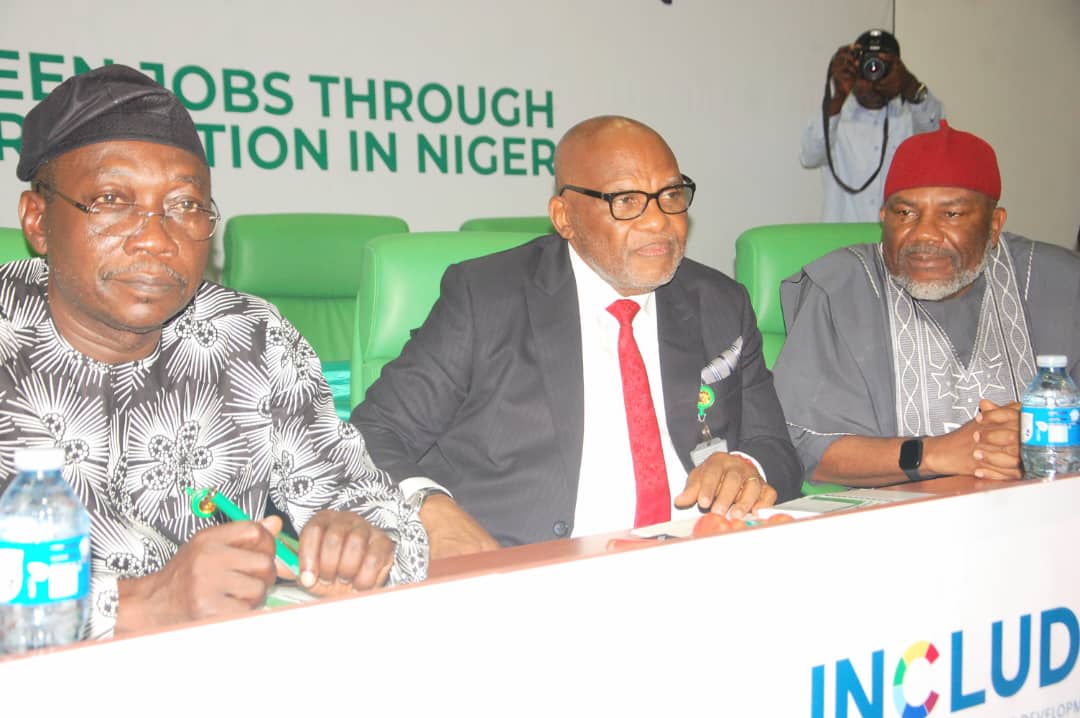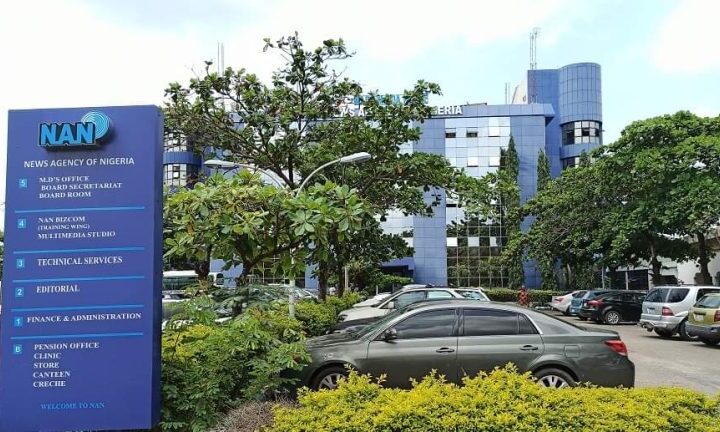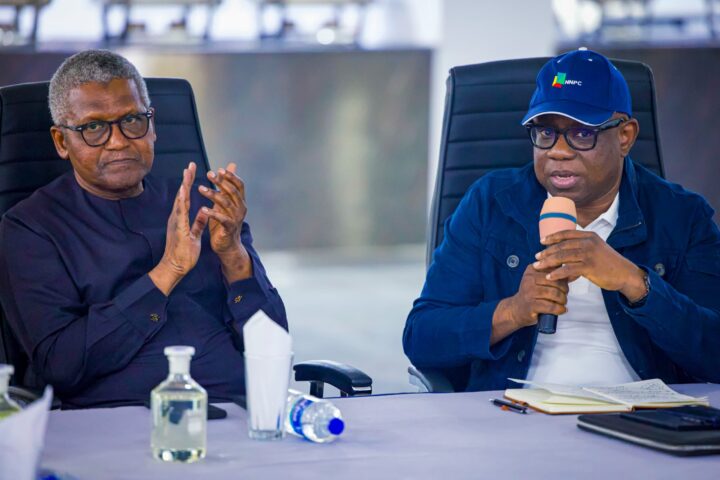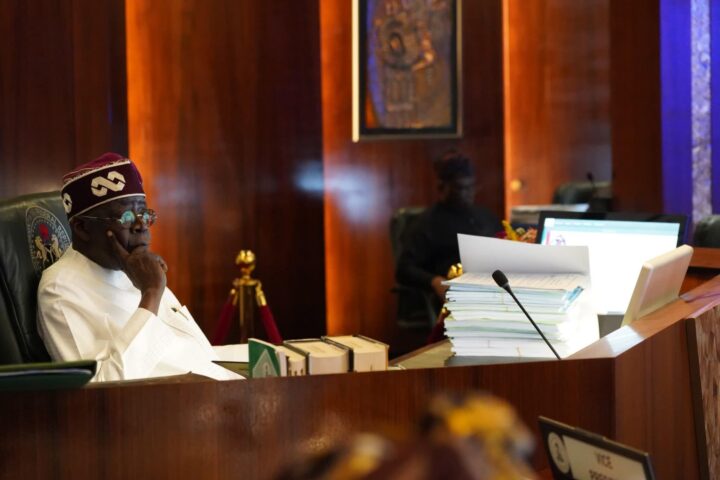The House of Representatives Committee on Renewable Energy,says Nigeria is grappling with a 50 per cent shortfall in skilled manpower within the renewable energy sector.
Its chairman, Rep. Afam Ogene, disclosed this during the Africa Policy Dialogue (APD) workshop themed “Green Jobs and Low Carbon Transition”, held Thursday in Abuja.
He said lack of skilled workers has hindered the recruitment of qualified personnel such as technicians, engineers, and system operators needed to drive growth in the sector.
He said:“Currently, close to half of the skilled workforce required in Nigeria’s renewable energy industry is unavailable,” he stated. “Across the country, employers continue to face challenges in sourcing competent professionals for vital roles.”
Ogene also spoke on the country’s reliance on imported components for renewable energy infrastructure, noting that this dependency limits the creation of green jobs locally.
He emphasized that the situation was not due to a lack of raw materials but rather gaps in technical expertise and the absence of sound policy frameworks that promote knowledge transfer.
He added:“The shortage is not just about the labour force,” he said. “It is fundamentally a policy issue that demands immediate attention.”
Ogene highlighted China’s success in creating over seven million green jobs through state-supported policies and funding under its green jobs initiative.
He urged Nigerian academic institutions to tailor their curricula to match the demands of the evolving energy landscape.
Reiterating the House’s commitment to accelerating renewable energy growth, Ogene said the legislature is focused on enacting inclusive green jobs legislation that targets youth and women.
He said:“This will require careful and coordinated drafting to ensure legal coherence and effectiveness,” he explained. With the support of experienced lawmakers, legal experts, and legislative drafters, we are poised to deliver a robust and transformative piece of legislation.”
Speaker of the House of Representatives, Rep. Tajudeen Abbas, represented by the Deputy Minority Whip, Rep. George Ozodinobi, commended the committee’s dedication to addressing renewable energy challenges.
He affirmed the resolve of the 10th Assembly to close policy loopholes and craft viable solutions through legislative oversight and engagement.
“I extend deep appreciation to the Chairman and Members of the Committee on Renewable Energy for their vision, tenacity, and unwavering pursuit of progress in this critical sector,” he said.
He emphasized the House’s understanding of the urgent need for a just and inclusive energy transition in Nigeria, acknowledging both the environmental and economic dimensions.
“Our commitment to renewable energy is driven by the dual realities of our exposure to climate change and our untapped green energy potential,” Abbas noted.
He underscored the legislature’s intent to work with stakeholders to expand job opportunities, increase energy access, reduce reliance on fossil fuels, and protect natural ecosystems.
The Speaker said Nigeria stands at a defining moment where strategic policy direction can propel the country into a sustainable and prosperous future.
He urged swift action to leverage the renewable energy sector in tackling rising youth unemployment and underemployment across the nation.
Also speaking at the dialogue, Ms. Victoria Manya of the INCLUDE Knowledge Platform emphasized the need for skills development in Africa’s renewable energy sector.
She cautioned that without a deliberate focus on inclusivity, the low-carbon transition could merely serve entrenched fossil fuel interests without delivering tangible gains.
“What we must do is reclaim this transition, not only as a necessity for climate action but as a once-in-a-generation chance to redefine our social contract,” Manya said.
She highlighted the realities of Nigeria’s job crisis, particularly among youth and women, warning that without targeted interventions, these groups may be left out of the emerging green economy.
“A just transition must not only focus on cutting emissions, but also on determining who secures the new jobs, who trains the workforce, and who influences the policy outcomes,” she added.




















